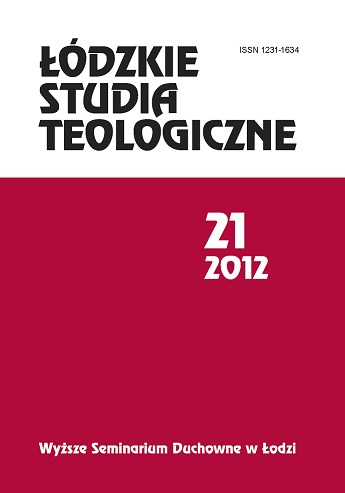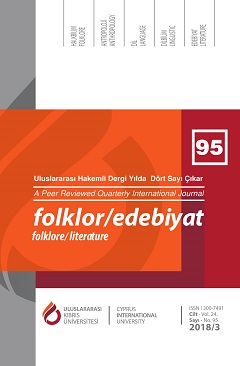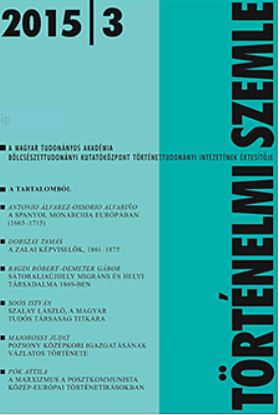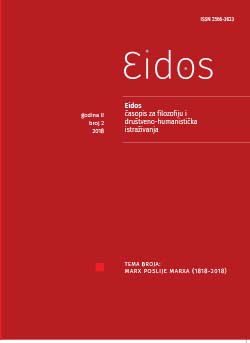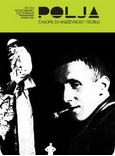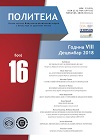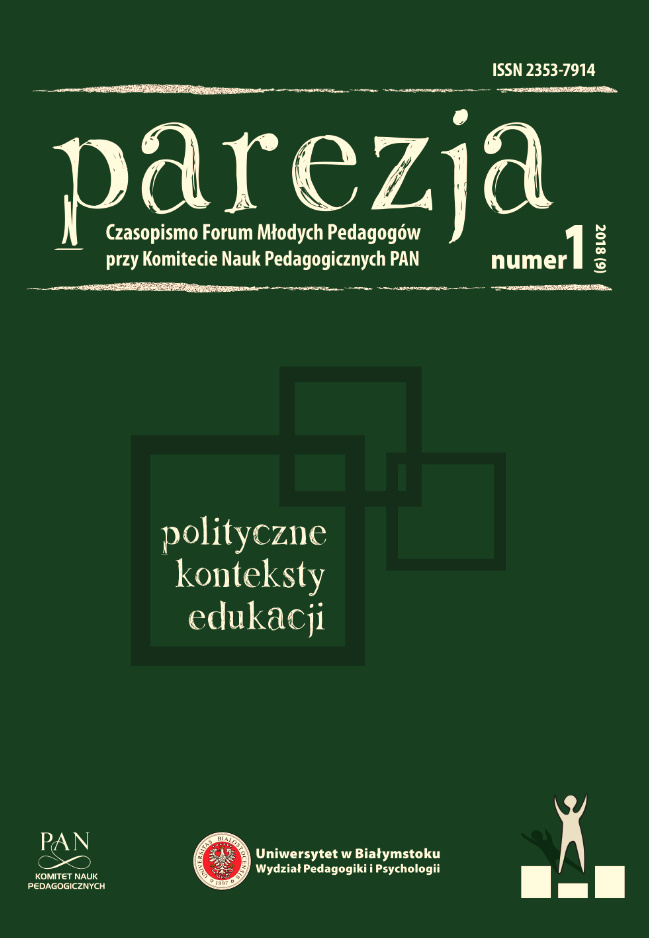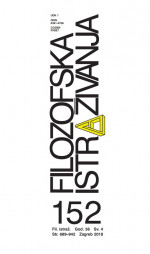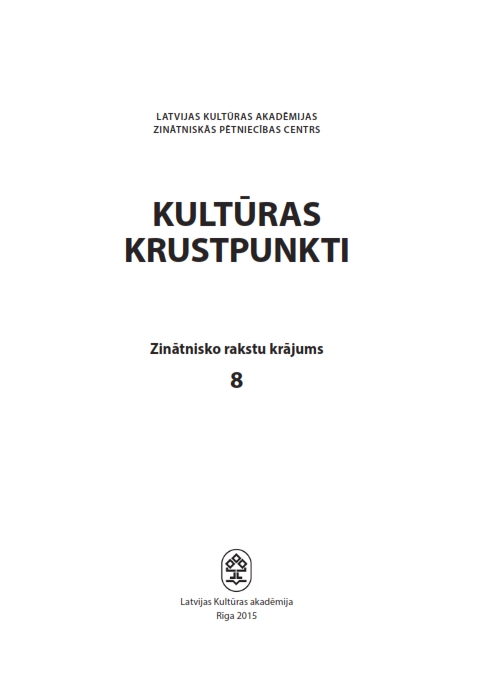
KREISIE UZSKATI UN NENORMATĪVĀ SEKSUALITĀTE LATVIJĀ 20. GADSIMTA SĀKUM
In the context of the history of the leftist ideas, the relations of their representatives with the non-normative sexuality have been peculiar and controversial. In the European countries, the attitude of the leftist circles towards the non-normative sexuality was controversial – it was interpreted both as a manifestation of the depravity of the degenerate aristocracy and as a phenomenon to be accepted by the new society, separated from the church and the dogmas of the bourgeois morals. Even before World War I, the polemic opinions of the advocates of the leftist ideas were voiced in the public space of Latvia – a historical explanation of sexuality can be found in the translations of Friedrich Engels and August Bebel; Andrejs Upīts and other local Marxists waged a war against the depravity, including the glorification of sodomy, allegedly found in the so-called decadents’ works, even though nowadays it is difficult to find grounds for such reproaches. On the other hand, among the decadents, there are authors (Haralds Eldgasts, Atis Ķeniņš), who, at least episodically, have propagated the triumph of the new morals and a new literature, when the artist has the right to obtain impressions from the most diverse phenomena, including passions and vices, among them unnatural desire; yet, overall, the use of the non-normative sexuality for mocking and humiliating one’s political and aesthetic adversaries prevails, as during this period, Latvia, unlike Germany or Russia, lacks culture personalities who would become advocates for this kind of sexuality in the public space.
More...
